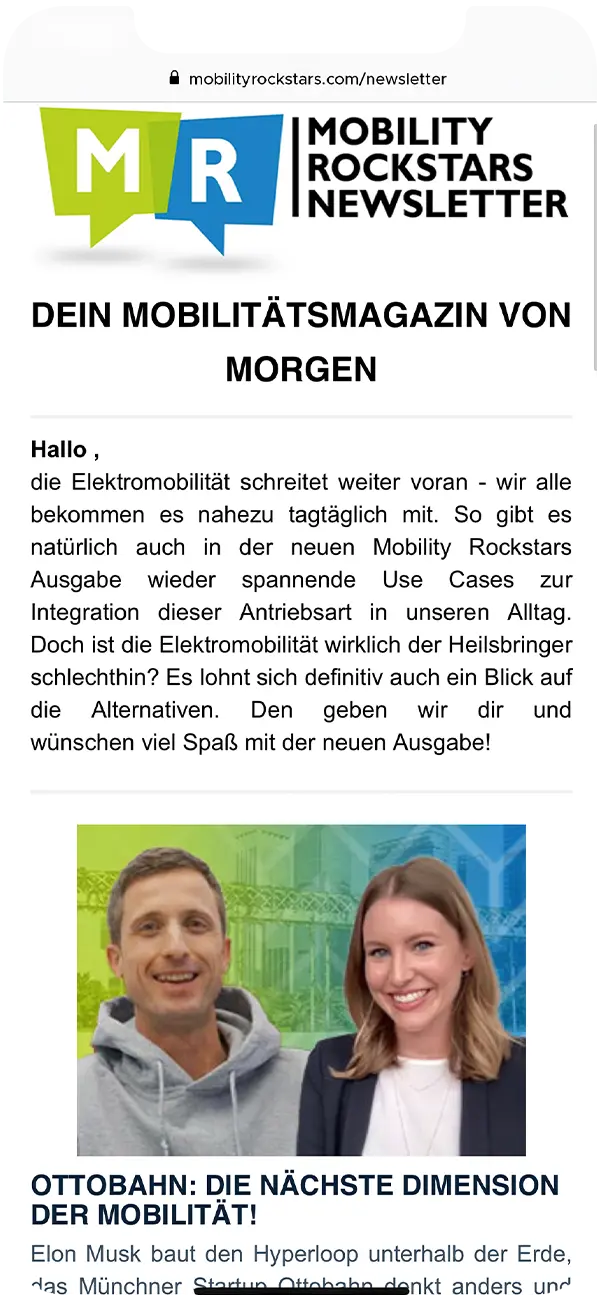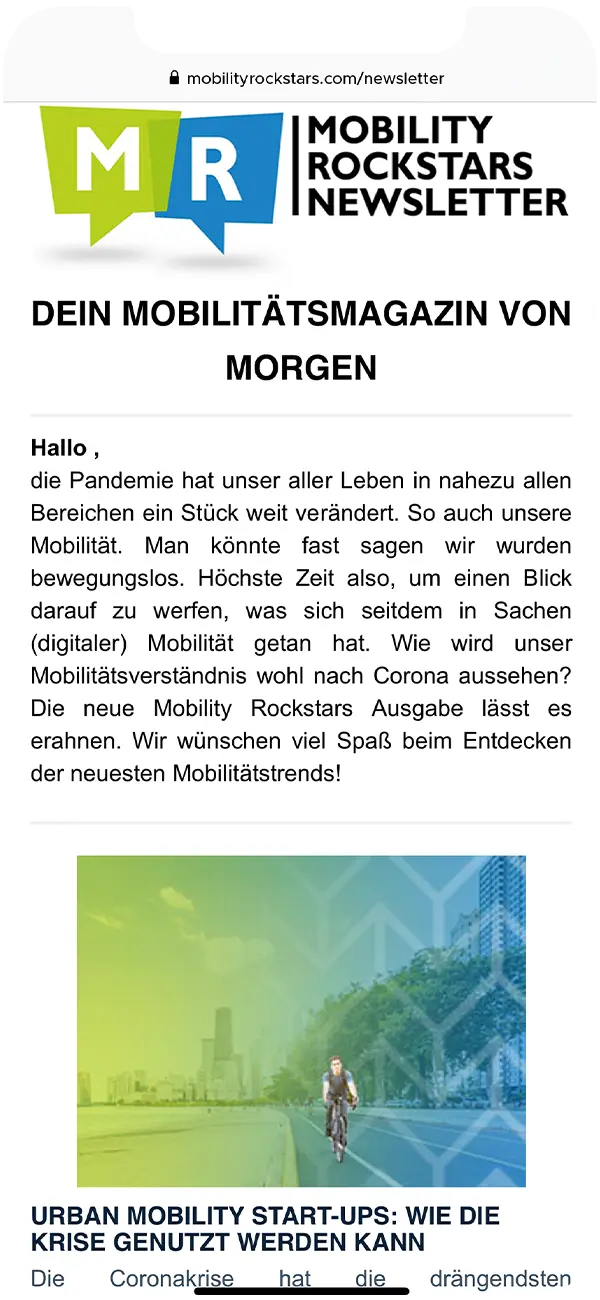Smart Cockpit – A.I. in the car? The interview with Continental and Google
The automotive industry is on the move these days, pun intended: More and more new advanced technologies can be integrated into the vehicle, even if the possibilities have so far seemed to lag a bit behind the consumer world with smartphones and rapidly developed apps. With the advent of generative A.I. in "smart cockpits," however, completely new systems are now conquering the world of cars. This is a development that benefits users, as it not only offers a wealth of service offerings in the vehicle that can be controlled by artificial intelligence, but these are also easily retrievable, often in the user's own words, without artificial "trigger words" where customers had to choose specific phrases ("okay Google," "hello Siri," etc.) to get ahead.
The "Very Enhanced Road Assistant" from Cognizant Mobility also offers a wealth of options for users, for example in public transport, to get recommendations for visiting the city, obtain information on the weather or automatically recognize tickets. This offers not only convenience for the user, but also potential for savings, both for operators of, for example, public transport systems and end users.

K.I. also offers new options in terms of safety: For example, customers no longer have to look at displays or fittings to obtain information. A.I. in the vehicle can make smart decisions, give tutorials, recognize and interpret lines of sight in combination with cabin sensing, and provide functions based on voice and video input. In the future, it is conceivable that A.I. decisions will be made to steer the vehicle safely to the side of the road if it is in danger of falling asleep, or to detect whether passengers are healthy or may need assistance by comparing video recordings.
Developing these functions, especially without existing functions and experience, is definitely a challenge for the automotive industry, but it also offers opportunities. While generative A.I. is currently still primarily "public information," i.e., it receives general data from the Internet and evaluates questions, resourceful OEMs will be able to create their very own Space in the future: The "VW World," in which VW-specific questions are asked and answered; the "BMW Space," in which typical questions from BMW drivers are gradually elicited and trained into the language model. A community-driven vehicle, a smart cockpit that recognizes, reminds and, in the near future, proactively books maintenance, services and important appointments if requested by the driver, and in which customer wishes are implemented and introduced much faster than previously known.
At the IAA Mobility 2023, the Mobility Rockstars talked to the team from Continental and Google about the challenges, but also the opportunities - the result was an exciting live interview with Stefan Wagener and Mike Annau, which we link to below and highly recommend:
So golden times for the automotive industry? Well, not quite yet, one might conclude even after this interview. While many of the components, including the connection to the vehicle, are already known (Continental, for example, has been working with speech recognition for around two decades) and interfaces exist for integrating microphones or cameras, the formulation of clear use cases is still a challenge. Prompt engineering is similar: what people think and how they formulate their wishes is a question that has driven search engine developers as well as marketers for decades. System performance is also sometimes limited - regardless of the term "HPC", i.e. "High Performance Computing", there are no work stations or servers in vehicles, if only for reasons of space. The implementation of new use (and business) cases is therefore also dependent here on further hardware development, and the progress of many Large Language Models (LLM) as the basis for generative A.I. must also be kept in mind in order to make a good choice for one's own OEM model.

There is no question, however, that artificial intelligence in vehicles has become indispensable: On the one hand, one would like to use the cliché: Because it is possible. Because computing power in the vehicle is increasing, connectivity is growing rapidly, and systems and voice models are growing faster and faster. With the advent of increased user acceptance of high technology, A.I. will also be integrated into vehicles at an ever faster pace, capturing more of the market for itself and gradually becoming the smart companion for drivers. We are curious to see where the journey will take us.

Marc
Marketing Professional
19.09.23
Ca. 6 min



